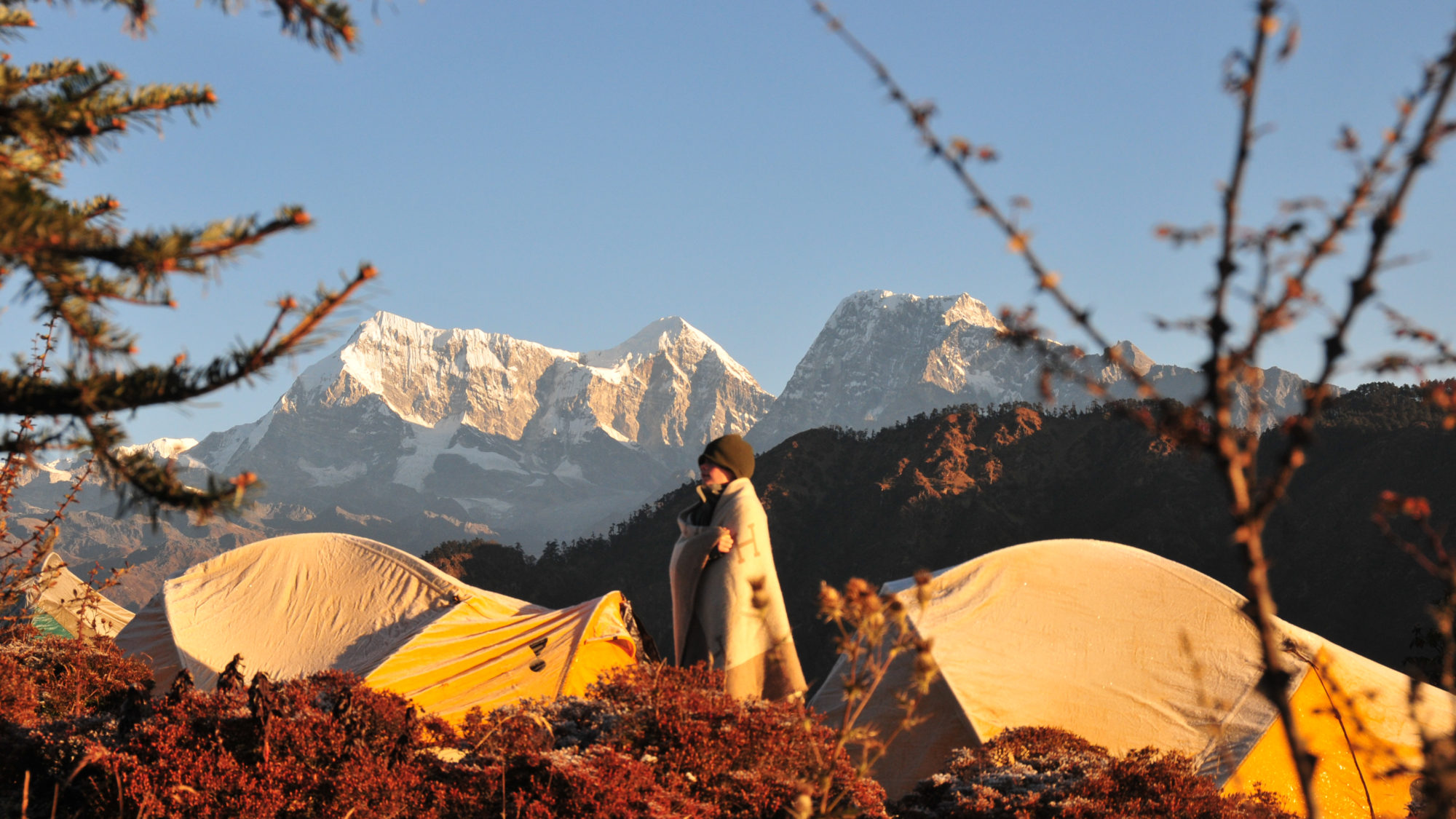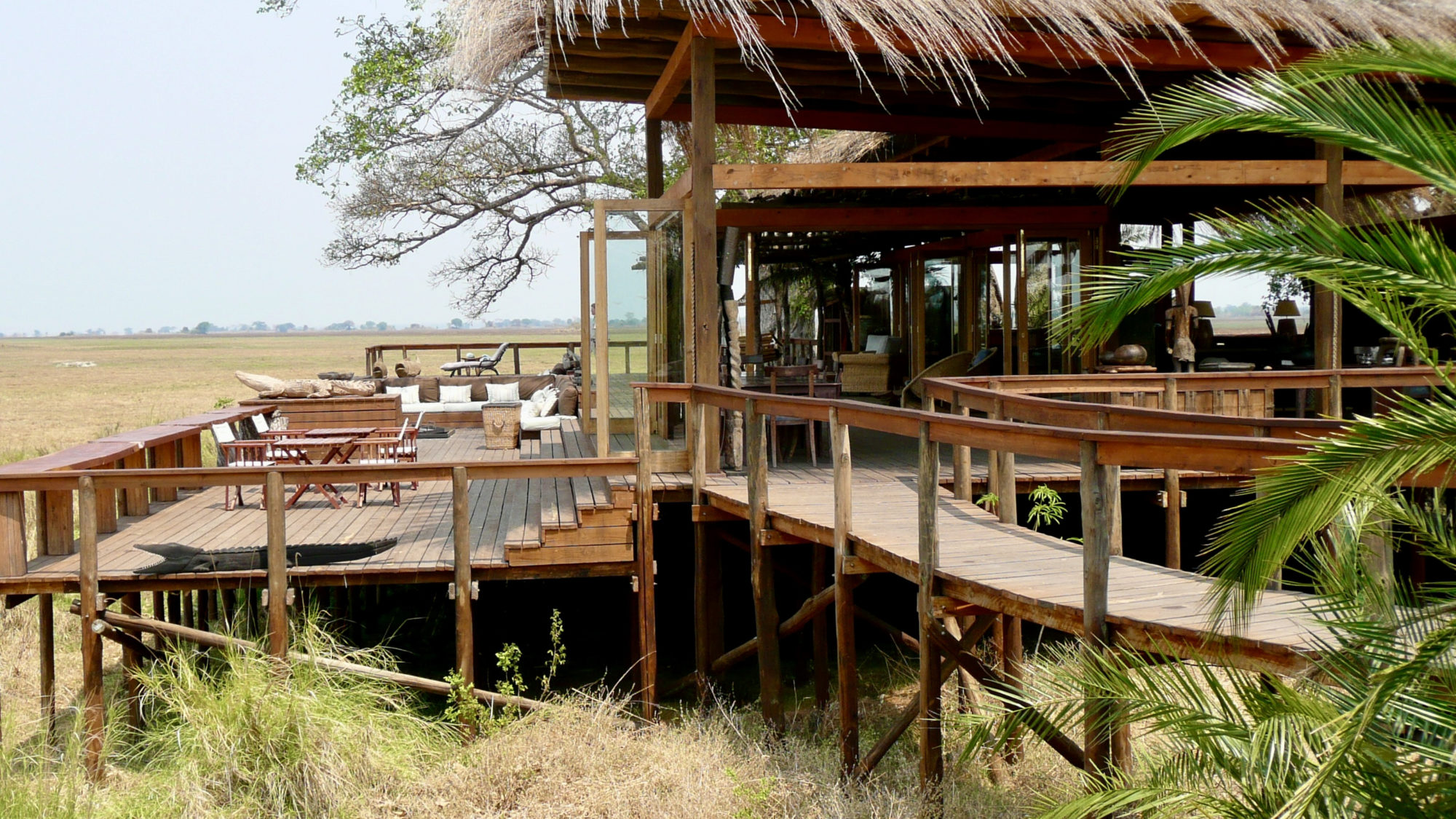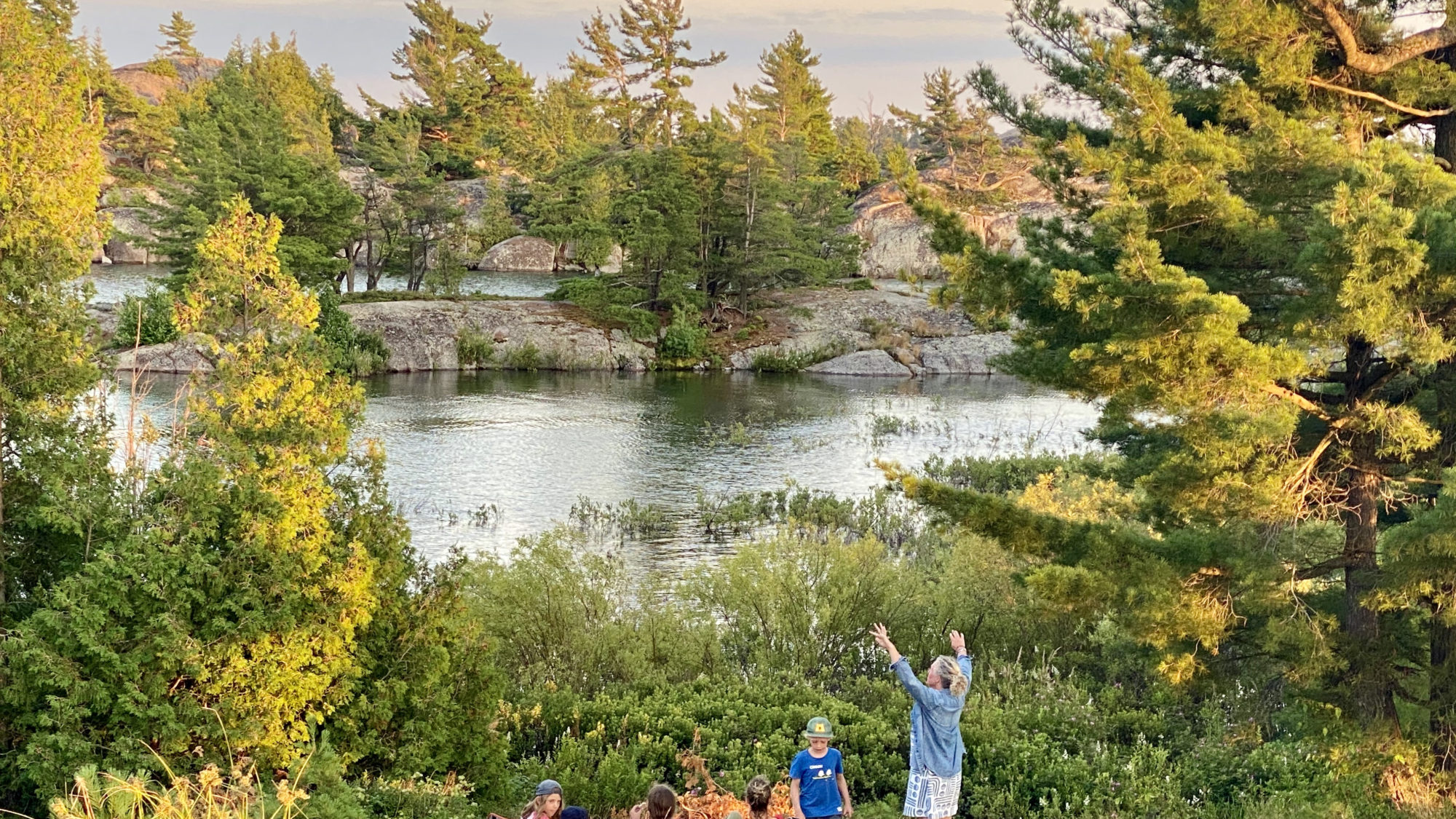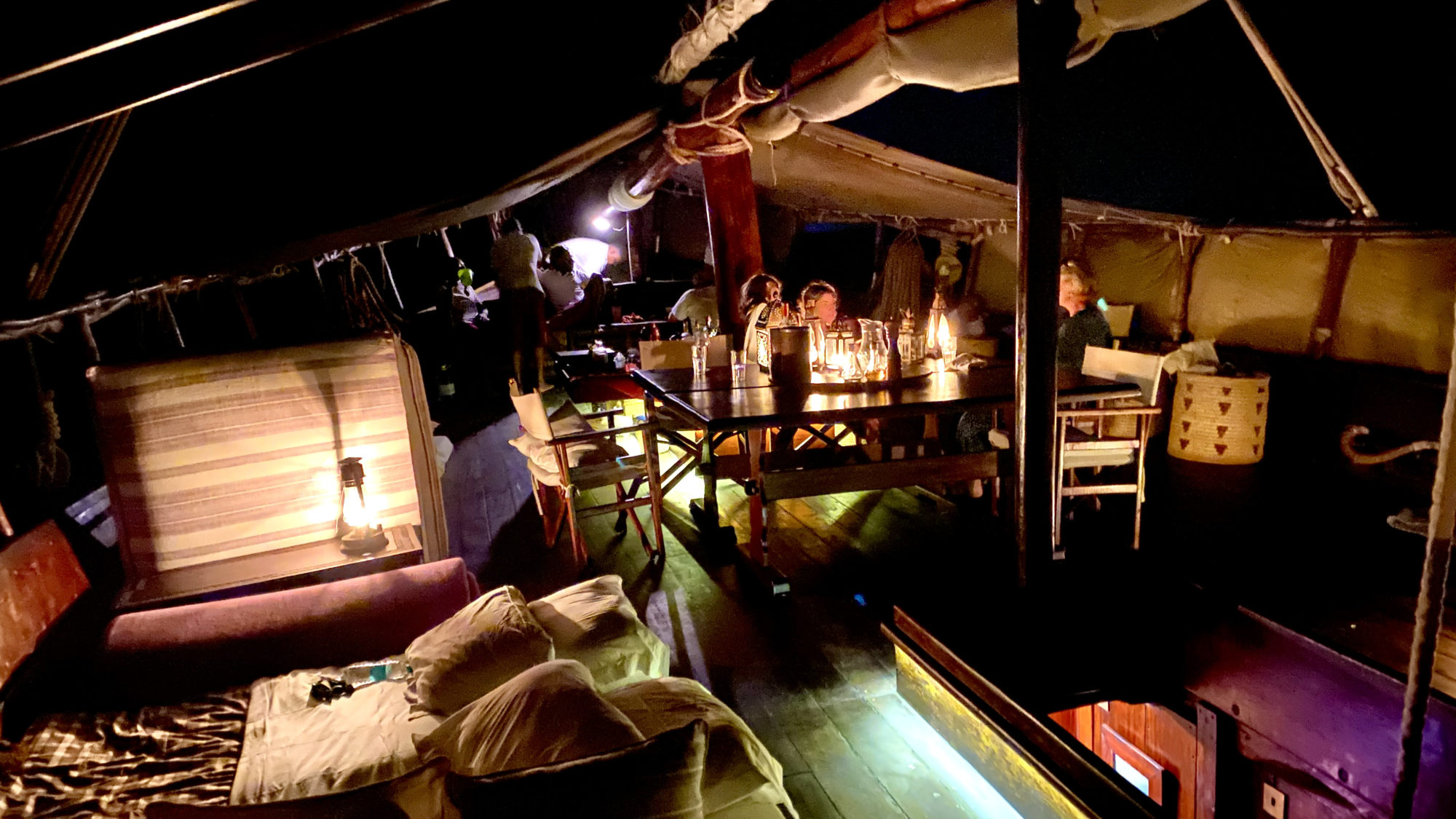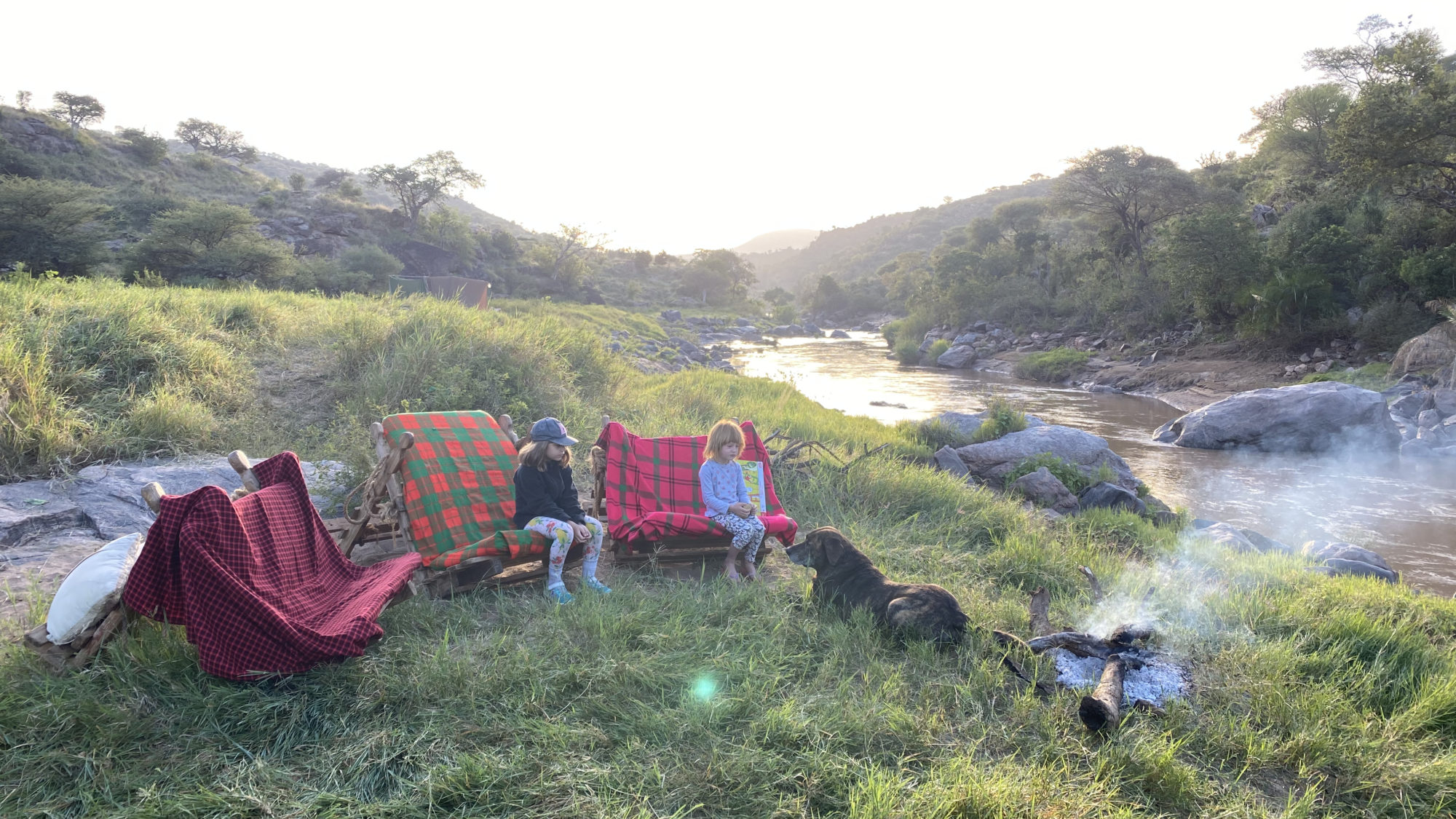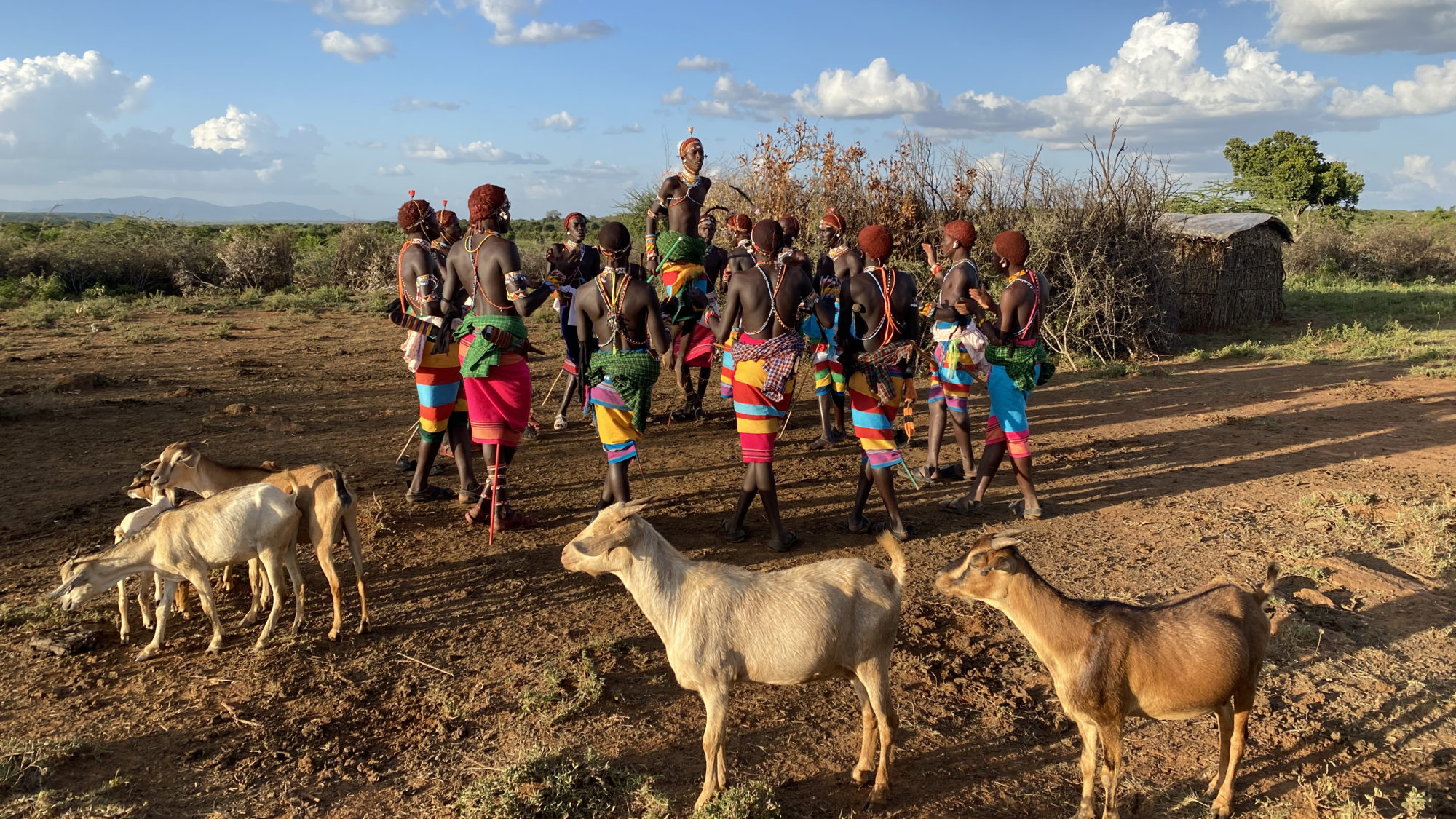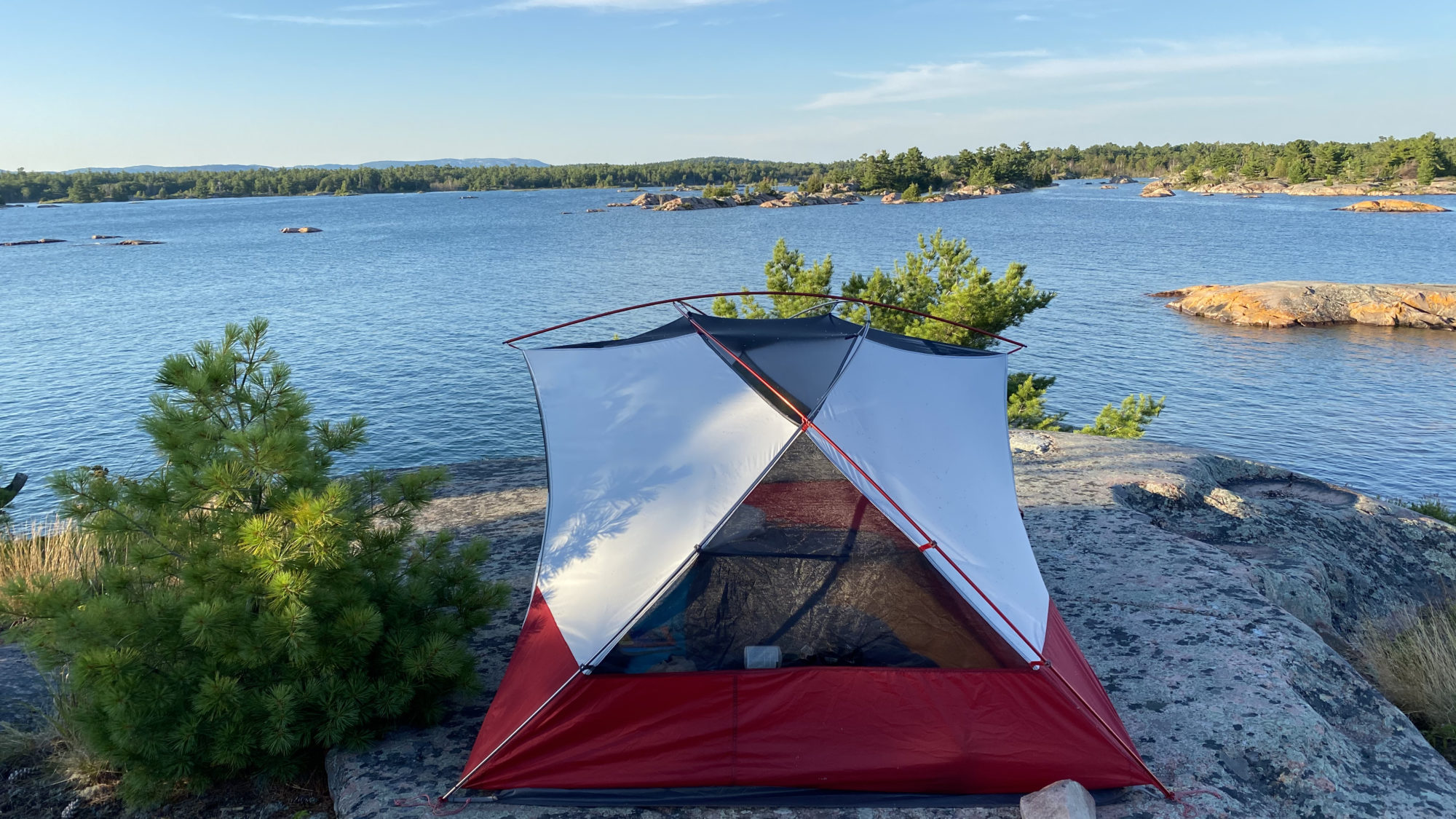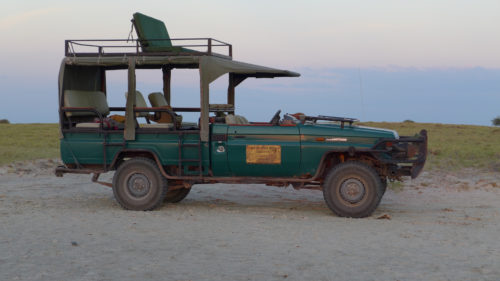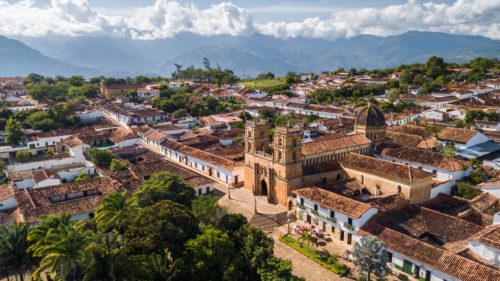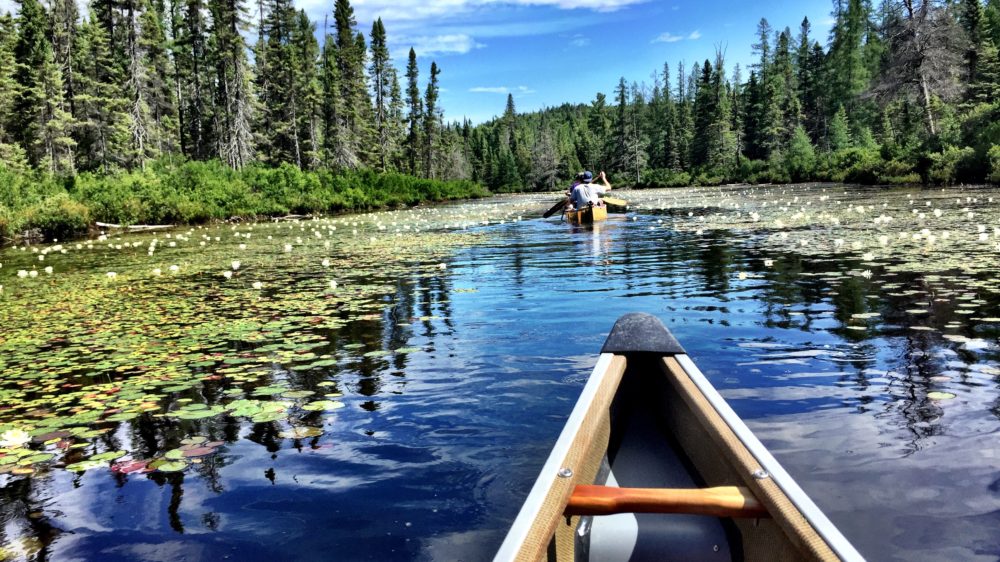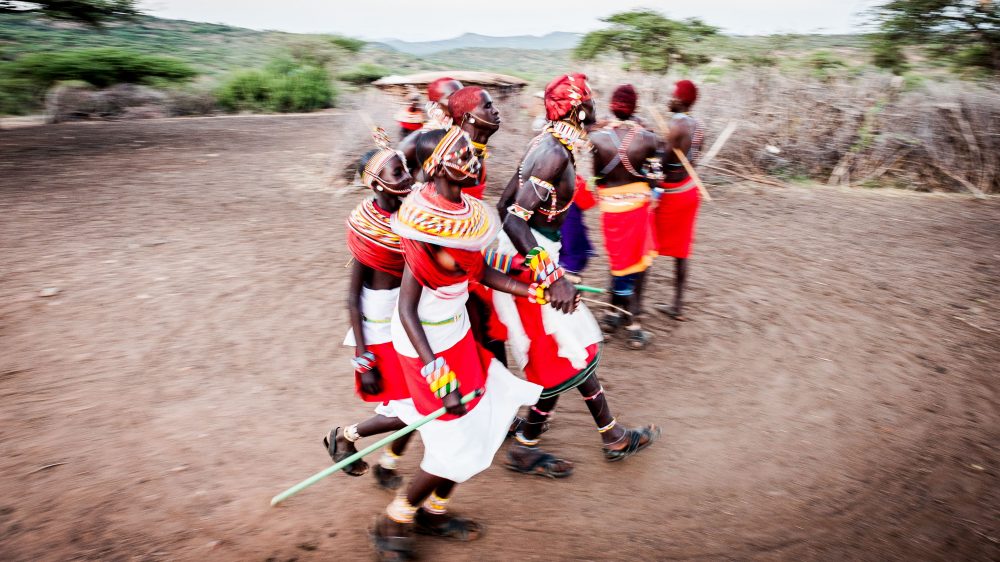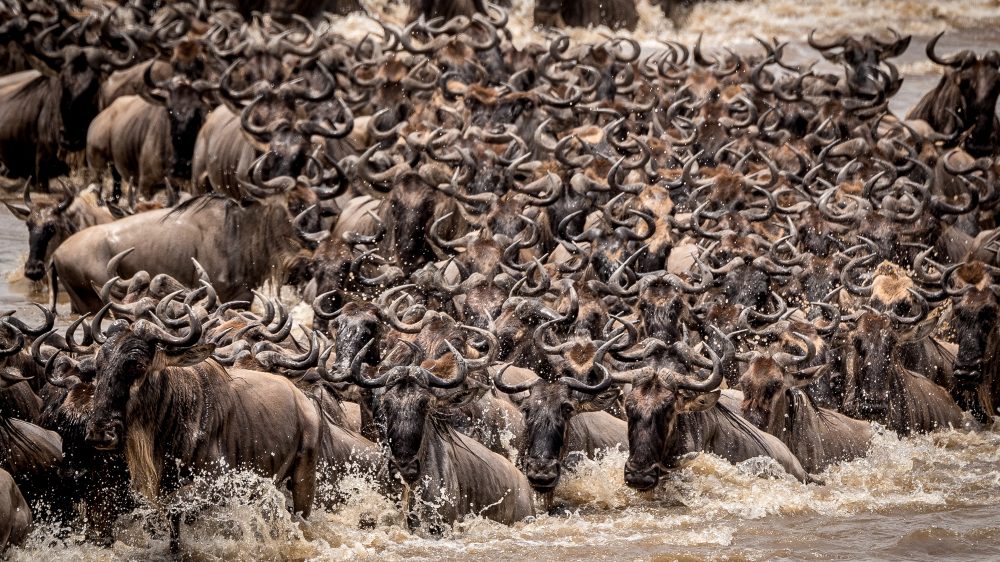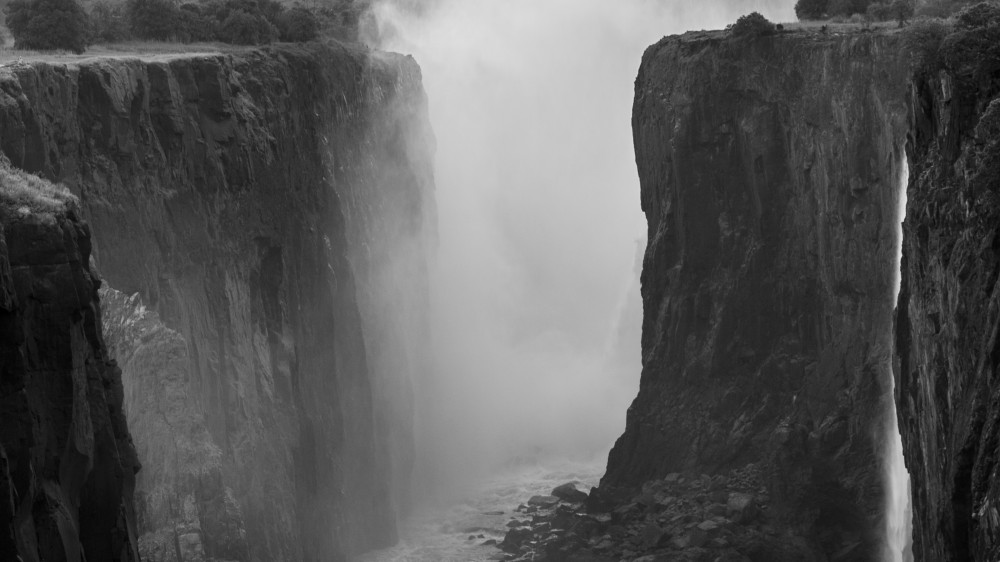The Problem With The Comfort Zone
The world is forever moving towards complexity, leaving us to face down bigger and bigger questions with every trip around the sun. The world of travel is no exception, and the inter-connected complexities of over-tourism, climate change and now COVID make planning decisions more complicated than ever. Questions abound, and for the more philosophical among us, they focus less on the “where” and more on the “why” and the “how”.
In his recently released book “Undistracted”, Nir Ayal argues the root cause of human behaviour is not the pursuit of happiness but rather the escape from discomfort. I find it interesting to examine our travel behaviour through this lens, especially after the last 15 months when COVID supersized our discomfort while simultaneously taking away one of our most dependable coping mechanisms. In the face of loss, boredom, fear, anxiety and overwhelm, all we wanted to do was get away, hit the road, change the scene – but we couldn’t. Many of us came to the realization that we are travel junkies, users, addicted to escapism. At the time of writing, US congress just updated its stance on drug addiction, moving their focus away from abstinence and toward harm reduction. So what better time than now to properly examine our travel habit, for I think we all can agree it contains both Jekyll and Hyde.
In travel’s worst form – take cruise ships for example – discomfort is relieved for the few but magnified for the many. Really good travel, on the other hand, is more than just leisure, more than just the escape from discomfort. Really good travel delivers the “overview effect” astronauts speak about, it re-organizes the brain, and the traveller comes home transformed somehow, even if only a little, even if only for a while. Really good travel is not the escape from discomfort but rather the redefining of comfort. It is almost Buddhist in nature, addressing the second arrow of suffering. As Marcel Proust put it, “The real voyage of discovery consists, not in seeking new landscapes, but in having new eyes.”
After 25 years of planning trips professionally, I’ve begun tinkering with one of trip-planning’s core principles – delivering a crescendo of creature comforts, always ending with a bang. I’m now playing with African safaris that begin at the finest lodges on the continent, and then start peeling back the luxuries, to reveal and confirm that it is true – less is in fact more. We do it gradually and we do it in reverse, so that the finale is a bedroll under the stars – nothing else but miles and miles of Africa and the realization that this is as good as it gets.
A good trip introduces a little tension, and the resolving of that tension leads to insight and growth. One person’s comfort is another person’s discomfort – these are relative, evolving and malleable terms, and that alone is a very empowering idea. Just as a perfectly ripe Tuscan tomato can overshadow the fussy Michelin-starred meal, simplicity can be a revelation, redefining our wants and needs. In a world forever moving towards complexity, you might even call it the road less travelled.
Greg is one of Trufflepig’s owners, and a man as fond of the inner journey as much as the long haul trip. You can email him here directly to start planning a head trip of your own.
